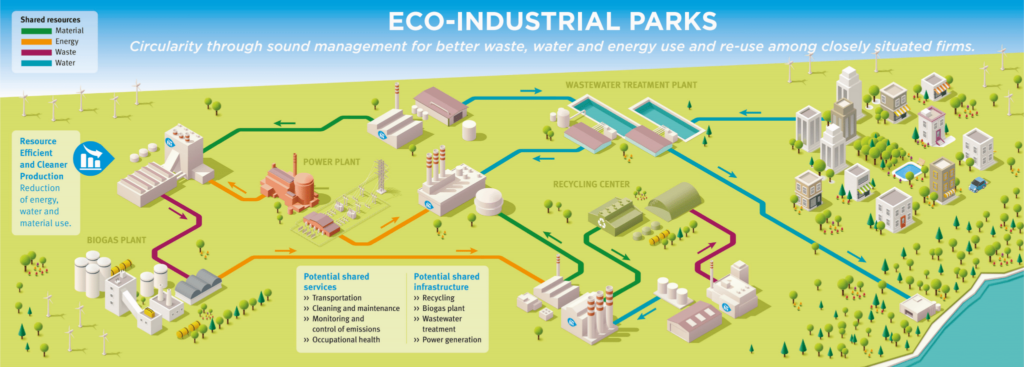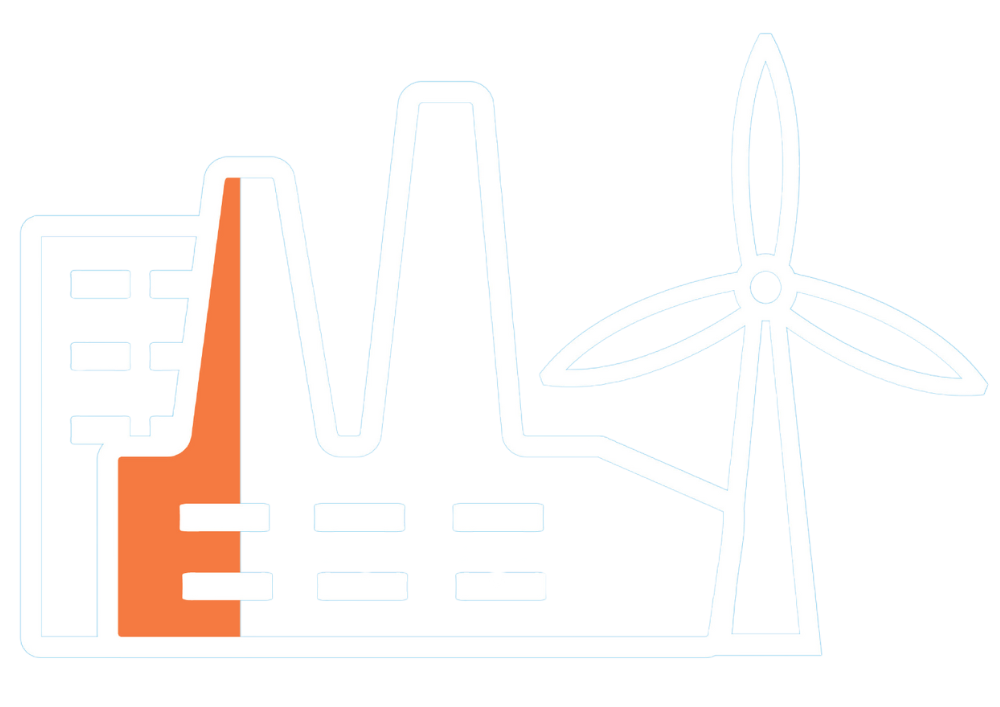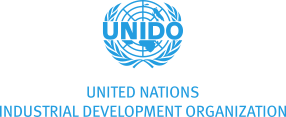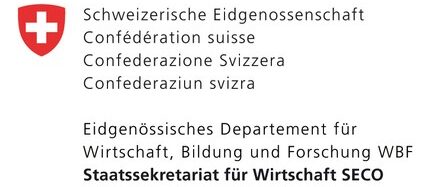Global Eco-Industrial Park Programme
What is Eco-Industrial Park?
The eco-industrial park (EIP) approach is about creating more resource-efficient and cost-effective industrial zones that are more competitive, more attractive for investment, and risk resilient.

Industrial parks have the potential to generate both positive and negative impacts. While they drive economic progress and foster social development, they can also contribute to environmental degradation, climate change, resource depletion, labor challenges, and negative effects on local communities. To ensure inclusive and sustainable industrial development, it is essential to adopt thoughtful planning and implement effective management practices. By transitioning towards Eco-Industrial Parks and moving beyond the traditional industrial park model, we can mitigate these challenges and maximize economic, social, and environmental benefits.
Eco-Industrial Park can be defined as managed industrial areas that promote cross-industry and community collaboration for common benefits related to economic, social, environmental performance
Categories and Performance Standards in the International EIP Framework

Categories and Performance Standards in the International EIP Framework
Process of Continuous Improvement: Going Beyond EIP Performance Requirements
Going Beyond the EIP Prerequisites
EIP Prerequisites and Performance Requirements
EIP Prerequisites and Performance Requirements
Core Categories and Topics

Park Management Performance
- Park management services
- Monitoring
- Planning and designing

Environmental Performance
- Environmental management and monitoring
- Energy management
- Water management
- Waste and material use
- Natural environment and climate resilience

Social Performance
- Social management and monitoring
- Social infrastructure
- Community outreach and dialogue

Economic Performance
- Employment generation
- Local business and SME promotion
- Economic value creation
Compliance with and alignment with international standards

The Global Eco-Industrial Parks Programme (GEIPP)
Supported by the Swiss State Secretariat for Economic Affairs (SECO) and implemented by the United Nations Industrial Development Organization (UNIDO), demonstrates the advantages of adopting eco-industrial park principles as outlined in the International Eco-Industrial Park (EIP) Framework. This approach focuses on minimizing the negative impacts of traditional industrial parks, improving resource efficiency, and embedding environmental, social, and governance performance indicators into the economic evaluation of industrial parks.
Discover What We're Working On – Explore Our Projects!

EIP Light
EIP Light
EIP Light
EIP Light
EIP Light
Click on the logos above to access each project’s website
The United Nations Industrial Development Organization (UNIDO) is the specialized agency of the United Nations that promotes sustainable and inclusive industrial development for poverty reduction, inclusive globalization and environmental sustainability, thus the GEIPP contributes to industrial and sustainable development in developing economies.
The project seeks to improve the productivity of resources, the economic, social and environmental performance of Industrial Parks and Free Zones through the application of the Eco-Industrial Parks approached outlined in the International Eco-Industrial Park Framework.
40+
Supported Industrial Parks
6
Full-fledged Beneficiary Countries
5
Beneficiary Countries for Light-touch Activities
USD 7
Mio Financial Savings/year





